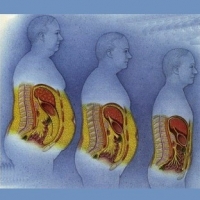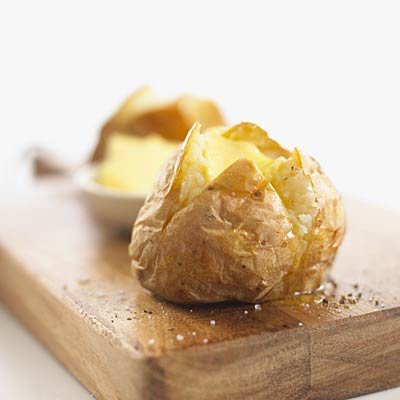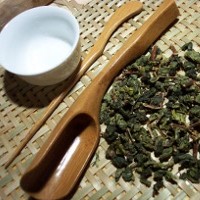Fat Lessening Principles - Ousting Unhealthful food and Sticking to Meal Times
One of the biggest problems that I’ve noticed with snacking is that it tends to make you want to eating more. As roundabout as it might sound – when I go all day without eating, it’s easier to go all day without eating. By contrast when I get one snack I tend to want to go back for another. And another. And so on. It becomes a fight, with my thoughts endlessly drifting to those almonds in the cabinet or that block of cheese in the door of the fridge. It never fails to surprise me how quickly and substantially a spoonful of peanut butter, an olive or two here and there and a thin slice of toast can add up into extra calories that have a nasty habit of turning into extra pounds.
This is why I’ve adopted the practice of simple holding off all food in between select meal times. Now, there’s two ways to approach this: 1) You can set specific times for certain meals. For example, breakfast at 0900 and dinner at 1900, or 2) You can set specific amounts of time between eating. So if I get up at six and eat at six thirty I’m not going to eat anything else for at least another ten hours. What’s good about this one is if you aren’t hungry after ten hours you just wait a bit longer, and you’re not technically deviating from your schedule. Also, if you tend to get involved in what you’re doing and run a bit later, it’s that much extra time you body has spent burning stored fat for fuel to accommodate your energy needs.
Naturally, the greater your activity levels then the more food you’ll have to take in. This translates to either an additional midday meal or smaller intervals in between each one. Likewise if you’re not really up and about all that much simply skip lunch and let your stomach deal with it – the hunger pangs people feel on a day to day basis are largely superficial and can typically be quelled by drinking a glass of water. If that doesn’t work, then simply wait it out for half and hour and they’ll almost always just go away.
Another great benefit of these little “mini-fasts” in between meals is that they allow you to get good and hungry before you finally eat. A lot of people get used to eating on a certain schedule out of habit and pay no attention to whether or not they’re actually hungry. Eating is much less enjoyable when your stomach’s not completely empty. It’s a much less sensory experience, the food tastes less appealing and the whole process becomes largely mechanical. When you’re hungry, you know you’re hungry and you become more present and involved with what you’re eating. Flavors aren’t just good, they’re some o the best things you’ve ever tasted. It also encourages you to eat less in general, because when you’re used to eating too much all the time you lose your sense of how much is enough and just keep on over eating.
This is just a brief introduction to why I belief in skipping snacks and limiting your meals at certain preset times only. Eating is undoubtedly very personal and subject to quite a lot of variation from person to person. The approach described here is listed for your review, with the understanding that it is in no way going to be applicable to everyone who reads it.
CB Michaels is a knowledgable generator of digital text and an adept composer, and at this time writes on materials to include indoor composting and compost tumbler reviews.
-
Find Out What Is the Best Weight Loss Product For You
Although the market of weight loss products is very diversified, they
-
Is The HCGdiet Safe?
While it has not been approved by the Food and Drug Administration, th
-
Find best methods that help you to quick weight lose directly from web
There are many those who want techniques to acquire instant good resu
-
Know about Hoodia
Know about Hoodia Is weight loss a burning issue for you? You exercis
-
Exercise Your Belly Fat Away
How to lose stubborn belly fat is a question that plagues over 50% of
-
Health back into proper shape by curing heartburn remedies
Constipation can occur when some foods stuffs are not properly get dig
- DON'T MISS
- Fat Loss Different For Everyone
- Atkins Diet - Simple Advice
- How To Lose 46 Pounds - These 2 Fat Reduction Tips Are Guaranteed To Give You Quick Results!
- Meet Your Weight Loss Goals with My Pyramid Tracker
- Weight Loss - The Toxicity Factor
- Phen375 - Why Is It So Popular?
- Healthy Weight Loss Habits
- Try These Tips If You Want To Lose Weight
- 31 day fat loss cure review - Secret to losing weight
- Weight Loss for Good - If Only You Had Known?




